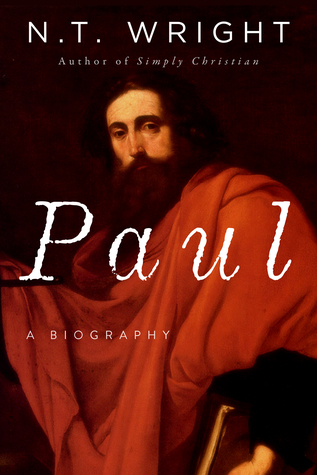More on this book
Community
Kindle Notes & Highlights
For Paul and all the other early Christians, what mattered was not “saved souls” being rescued from the world and taken to a distant “heaven,” but the coming together of heaven and earth themselves in a great act of cosmic renewal in which human bodies were likewise being renewed to take their place within that new world.
Paul’s exorcism of the girl (an initially “religious” problem) quickly translated into loss of income (an economic problem), and this was turned, vengefully, into the accusation that Paul and Silas were Jews (an ethnic problem) who were teaching customs that it would be illegal for Romans to practice (a political problem). The last of these is a genuine puzzle, since it
Paul is already dealing with the second-order problems that arise in any community known to make generosity a way of life: there must be no freeloading, no sponging. Jesus-followers must “behave in a way which outsiders will respect, and so that none . . . may be in financial difficulties.”12 Sex and money are important, but they are not to be worshipped. Sexual purity and financial generosity were to be built into the Christian DNA from the start.
crucial aspects to faith in community: sexual purity and financial submission. when th rich obey and are generous, next move is ordering the poor to work.
The modern Western church has taken individualism to an extreme, and there are great strengths in focusing on the challenge to every single church member, both to believe and to work. But for Paul this did not undermine, but rather gave appropriate balance to, the more foundational reality, that those who belonged to the Messiah were “brothers and sisters.” * * *
For Paul, learning to be a Messiah person—learning to live within the great biblical story now culminating in Jesus and the spirit—was all about having the mind and heart, the imagination and understanding transformed, so that it made sense to live in this already/not-yet world.
This is the first time ive seen "already/not yet" used in this way. Usually ive heard it as an excuse for sin amongst the saints.
this sounds more like we are transformed now, but the recognition of our righteousness/justice to the world is not yet.
ultimate freedom, a freedom of creation itself from the “slavery to decay,” a freedom that would mean resurrection life for all God’s children.19 As always, Paul’s challenge was to bring this cosmic vision into the real world of compromised and perplexed humans.


